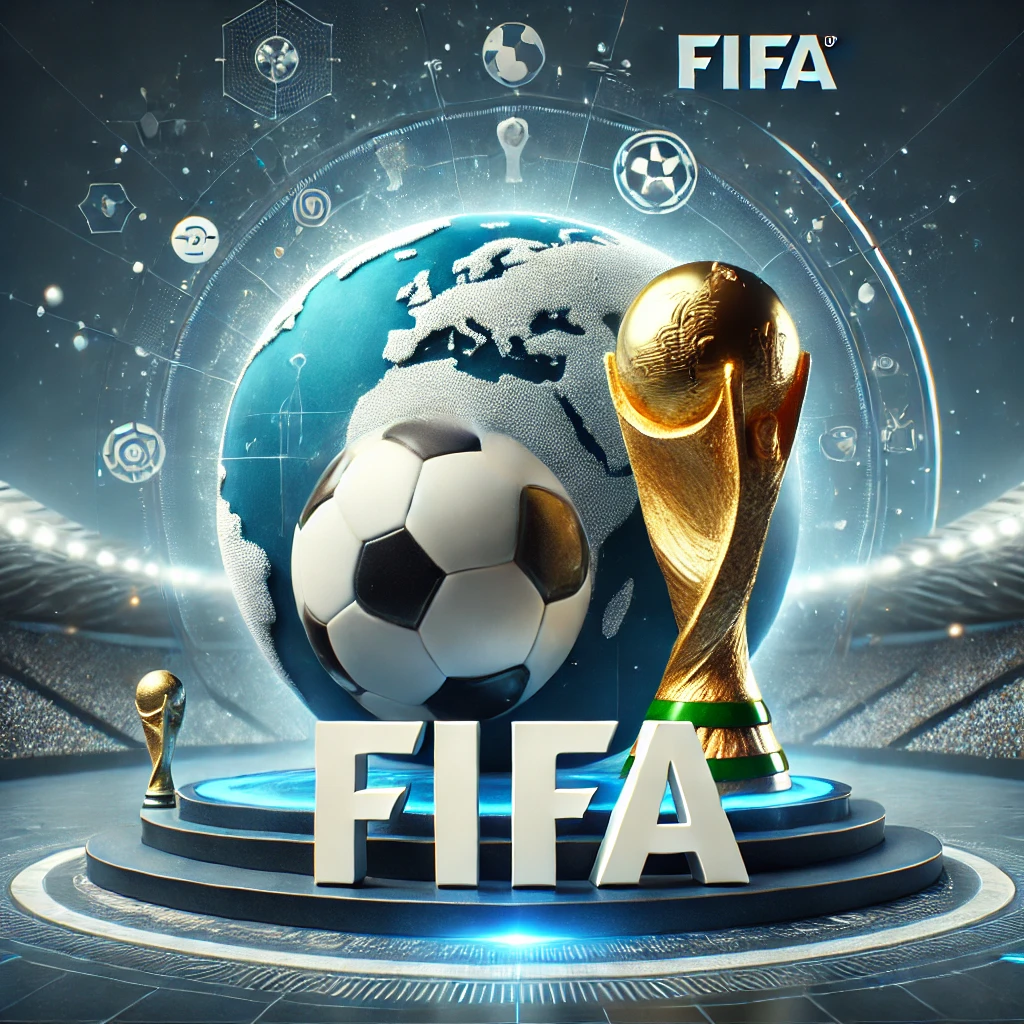If you’ve ever watched a football match, especially international tournaments like the World Cup, you’ve likely heard the term FIFA. But what does FIFA stand for, and why is it so pivotal in the world of football?
This article delves into the meaning, history, and significance of FIFA, providing a comprehensive understanding of this influential organization.
What is FIFA?
FIFA is the Fédération Internationale de Football Association, the international governing body for the sport of football (soccer). Established to oversee and promote football worldwide, FIFA organizes major international tournaments, including the prestigious FIFA World Cup.
The Meaning of FIFA
The acronym FIFA stands for Fédération Internationale de Football Association, which is French for the International Federation of Association Football. Founded in 1904, FIFA’s primary mission is to govern and develop football globally, ensuring fair play, organizing competitions, and setting the rules of the game.
Breaking Down the Acronym:
- Fédération: Federation
- Internationale: International
- de Football: of Football
- Association: Association
Thus, FIFA translates directly to the International Federation of Association Football.
History of FIFA
Understanding what FIFA stands for also involves a look into its rich history:
- Founded in 1904: FIFA was established in Paris by representatives from seven European nations. The founding aimed to create a unified governing body for international football competitions.
- Growth Over the Decades: From its humble beginnings, FIFA has grown to include over 200 member associations, making it one of the largest international sports organizations.
- Hosting the World Cup: Since 1930, FIFA has been responsible for organizing the FIFA World Cup, the most watched sporting event globally, held every four years.
FIFA’s Role in International Football
FIFA plays a multifaceted role in the world of football:
- Organizing Competitions: Beyond the World Cup, FIFA organizes various tournaments, including the Women’s World Cup, U-20 and U-17 World Cups, and the Club World Cup.
- Setting Rules and Standards: FIFA collaborates with the International Football Association Board (IFAB) to set the rules of the game, ensuring consistency and fairness in matches worldwide.
- Development Programs: FIFA invests in football development programs, aiming to grow the sport in underrepresented regions and improve infrastructure.
- Regulating Transfers and Contracts: FIFA oversees the transfer of players between clubs and ensures that contracts adhere to international standards.
- Promoting Fair Play and Ethics: FIFA enforces regulations to combat corruption, match-fixing, and other unethical practices in football.
Common Misconceptions About FIFA
When exploring what FIFA stands for, it’s essential to address some common misconceptions:
- FIFA and Football: While FIFA governs association football (soccer), it does not oversee other football variants like American football or rugby.
- FIFA vs. UEFA: UEFA is the Union of European Football Associations, a regional body under FIFA’s umbrella. FIFA is the global governing body, while UEFA focuses on Europe.
- FIFA’s Influence: Some believe FIFA has unilateral control over all football matters, but it collaborates with various regional and national organizations to manage the sport effectively.
Importance of Understanding FIFA
Grasping what FIFA stands for and its role enhances your appreciation of football as a global sport. It provides insights into how international competitions are organized, how rules are standardized, and how the sport grows and evolves across different regions.
Moreover, understanding FIFA’s influence can shed light on broader discussions about sports governance, ethics, and the global sports economy.
Conclusion
FIFA, the Fédération Internationale de Football Association, stands as the cornerstone of international football. By governing the sport, organizing world-renowned tournaments, and fostering global development, FIFA plays an indispensable role in shaping football’s present and future. Next time you hear FIFA, you’ll know it represents much more than just an acronym—it’s the heartbeat of the beautiful game worldwide.
Frequently Asked Questions (FAQ)
When was FIFA founded?
FIFA was founded on May 21, 1904, in Paris, France, by representatives from seven European nations aiming to create a unified international governing body for football.
How many member associations are part of FIFA?
As of 2024, FIFA comprises over 200 member associations, representing countries and territories from every continent, making it one of the largest international sports organizations.
What is the difference between FIFA and UEFA?
FIFA is the global governing body for football, overseeing international competitions such as the FIFA World Cup. UEFA (Union of European Football Associations) is a regional body under FIFA that manages football activities within Europe, including tournaments like the UEFA Champions League and the UEFA European Championship.

